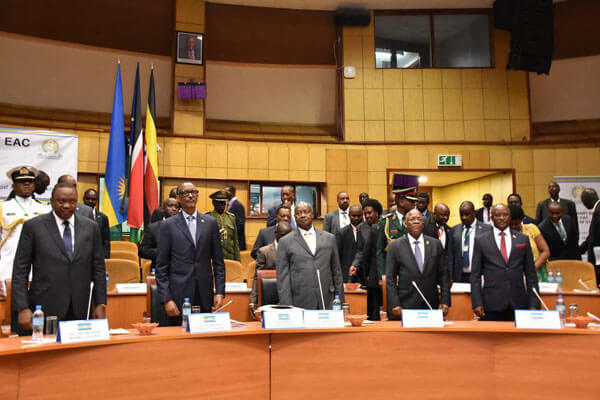The 3rd edition of the EurAfrican Forum to be held on July 2nd and 3rd in Cascais, Portugal will be gathering over 700 European and African key actors from more than 60 countries; 2020 edition will look for new opportunities for both continents as it unveils its theme In Search for a Common Ground; The program will focus on key topics as Africa and Europe relations, Free Trade Agreements, Climate Change, African Arts and Culture, Infrastructure, Connectivity and Off-grid solutions. The annual meeting will gather over 700 African and European changemakers such as entrepreneurs, artists, activists, public and private decision leaders, in Cascais, Portugal, on July 2nd and 3rd 2020.“It is now time to establish a structured cooperation between Africa and Europe, engaging not only public decision makers but creating a denser network, embarking in the discussions entrepreneurs, young people, women, artists, scientists…” José Manuel Durão Barroso, Chairman of the EurAfrican Forum. Hosted by the Portuguese Diaspora Council and the Municipality of Cascais, with the High Patronage of the Portuguese Presidency, this third consecutive edition will focus on main issues such Africa and Europe relations, Free Trade Agreements, Climate Change, the influence of African Arts and Culture, Infrastructure, Connectivity and Off-grid solutions, under the theme In Search for a Common Ground. 2020 is a pivotal year for Europe and Africa as this new decade marks the unavoidable collaboration between our continents at a time when climate change, demographic challenges and the technologic revolution are central pieces of Africa and Europe’s...
















